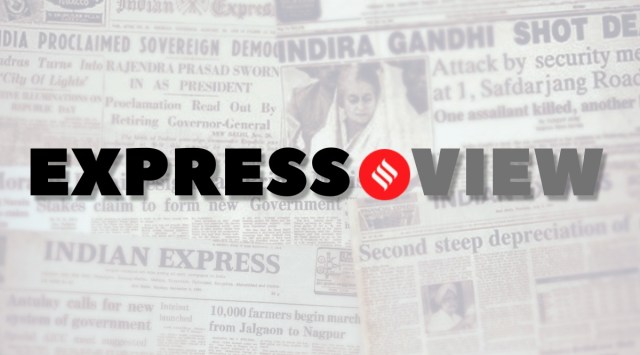
Politics in Meghalaya has been ethnicity and personality centric since the state was formed in 1972. This and the small size of the assembly seats — the electorate varies from 25,000 to 35,000 voters — has made electoral contests unpredictable. Barring the first assembly elections in 1972 which the All Party Hill Leaders Conference won, no political party has been able to command a simple majority in the legislature in Shillong. Parties have won office by smart alliance building, mostly post elections. With five main major parties — the incumbent National People’s Party (NPP), the main opposition Trinamool Congress, BJP, Congress and United Democratic Party (UDP) — in the battleground, it’s a crowded field and the contest unpredictable as ever.
Chief Minister Conrad Sangma’s ambitions to emerge as an influential regional leader will receive a big boost if the NPP retains office. The Trinamool Congress emerged as the main opposition when a majority of Congress legislators led by two-time chief minister Mukul Sangma crossed over a year ago. A win in Shillong would help the Trinamool’s national ambitions. The BJP won just two seats in 2018 but believes that it has the strategy, resources and leadership to emerge victorious in yet another state in the Northeast. For the Congress, it is an ambitious fight to rebuild and stay relevant in a state where it had a government until 2018. The UDP, which has contributed three CMs in the past, hopes to play kingmaker.
The Sangma government had an indifferent record on managing law and order. Protests around the Citizenship Amendment Act and the demand for Inner Line Permit, violence against Dalit Sikhs in Shillong, and border disputes with Assam tested the resolve of the government. Corruption charges and other scandals have singed both the NPP and the BJP, who were initially partners in government. The Congress, having lost most of its senior leaders to Trinamool, is trying out an audacious renewal plan. The party has fielded a large number of young professionals with no political legacy, or baggage. While this looks exciting as a plan, electoral politics tends to favour those with the resources, which includes party machinery, family/clan support, patronage channels and so on. The Congress continues to have brand recall but seems thin on other resources. The BJP’s ambitious campaign has featured rallies by Prime Minister Narendra Modi and Home Minister Amit Shah, but it has faced a tough time in explaining that Hindutva politics does not exclude Christians, who are in a majority in Meghalaya. That all these parties could offer their narratives and compete in the open suggests that electoral democracy, despite the complaints of cash transfers, has gained deep roots in the hill state.